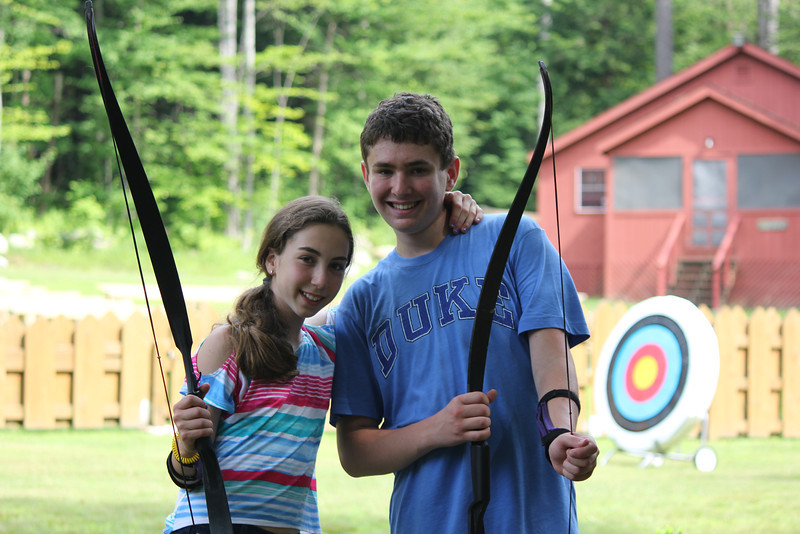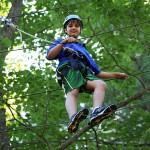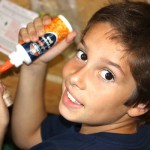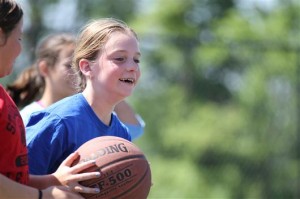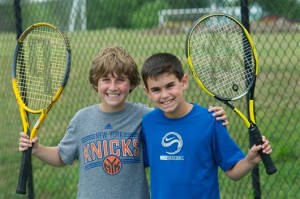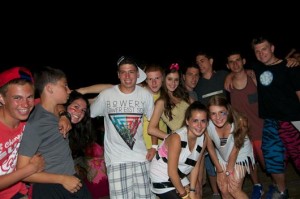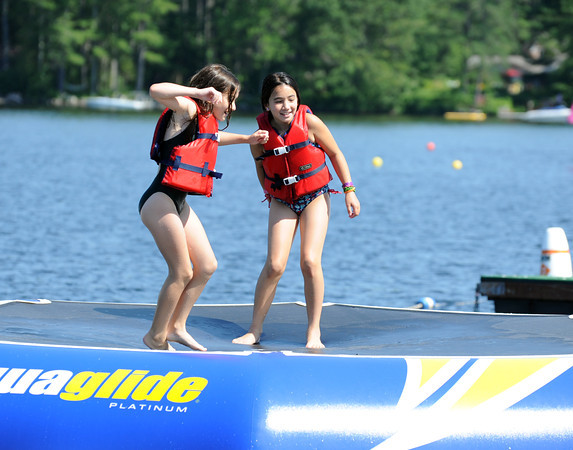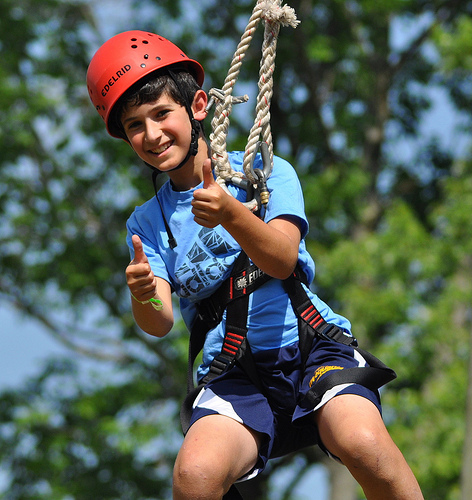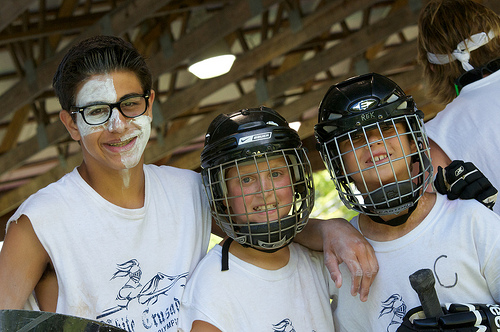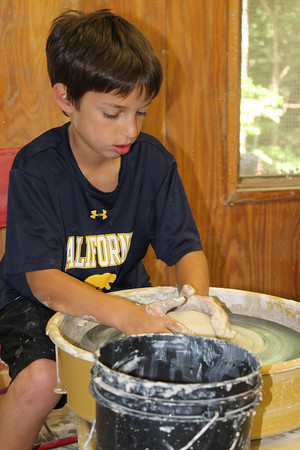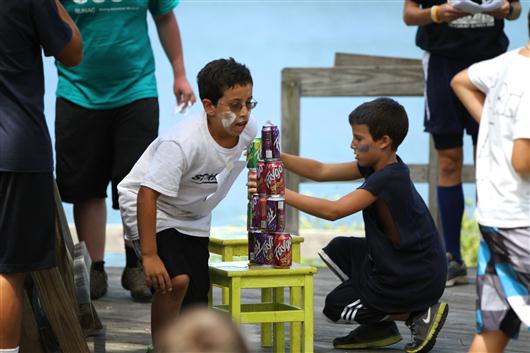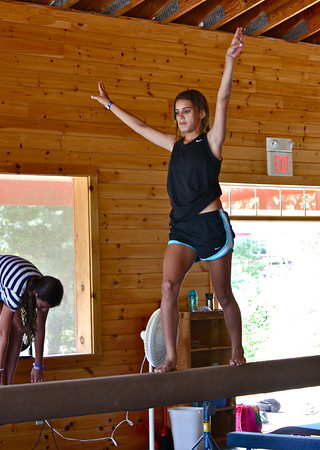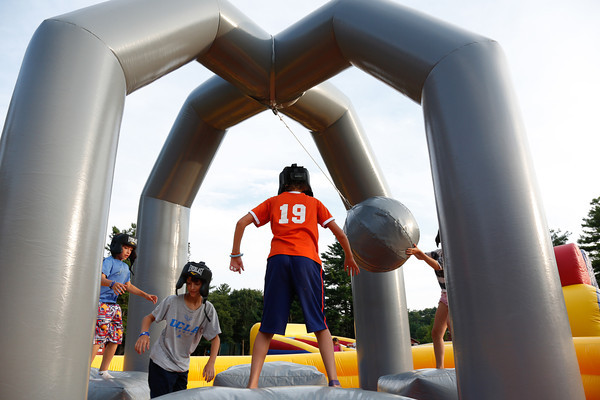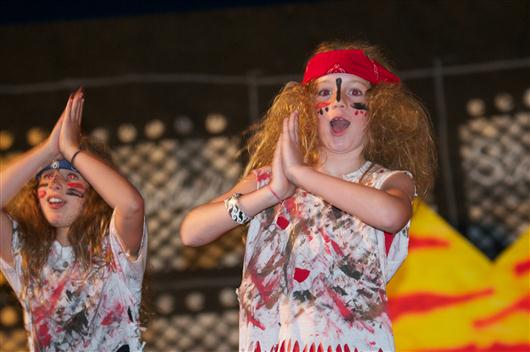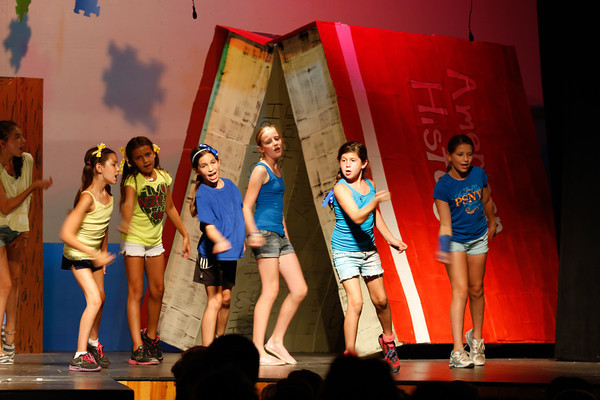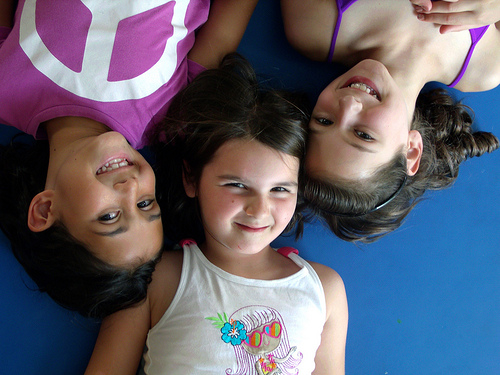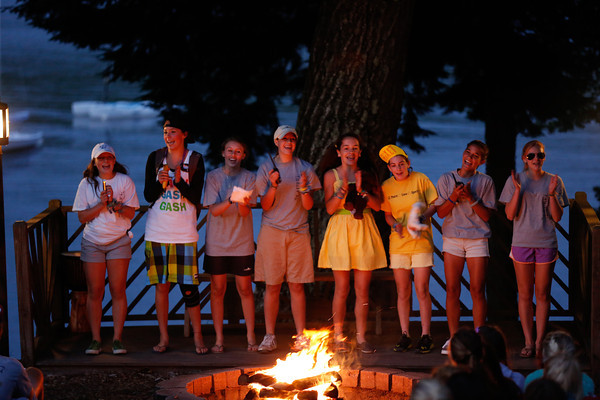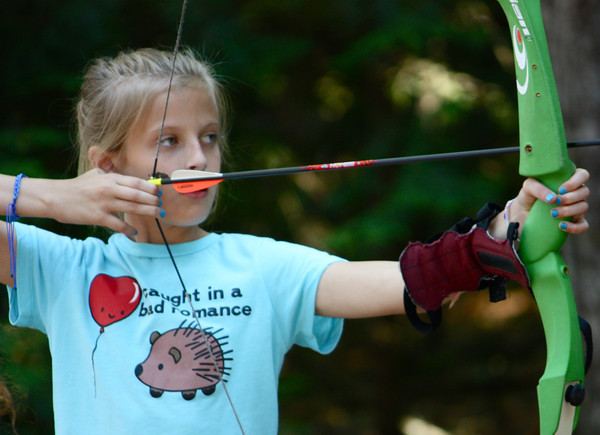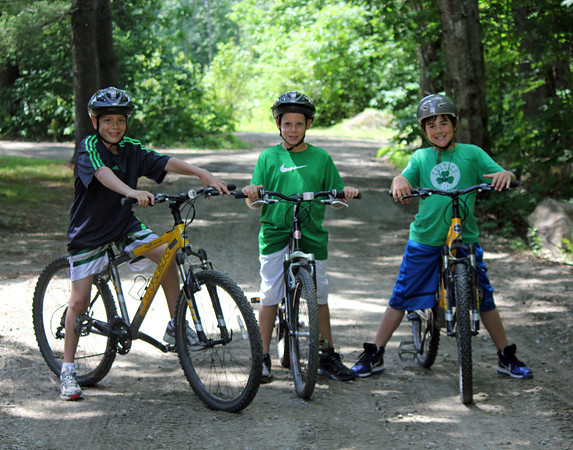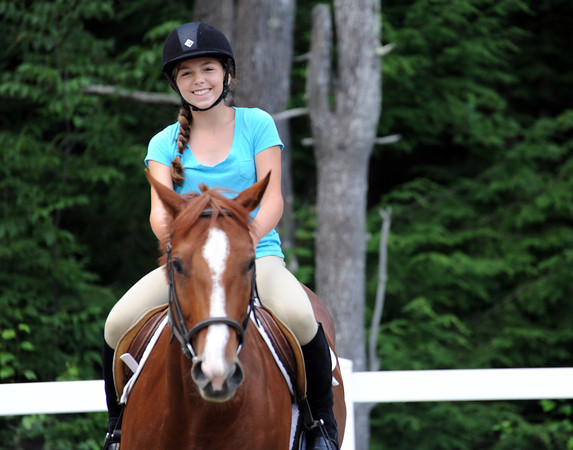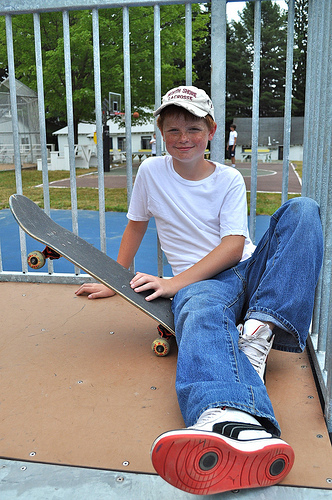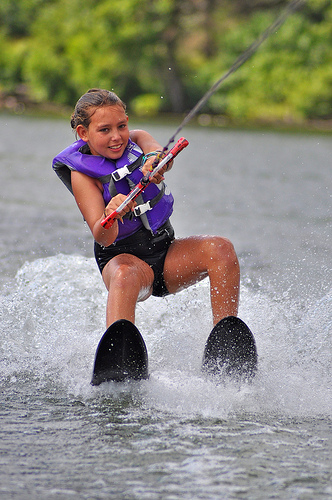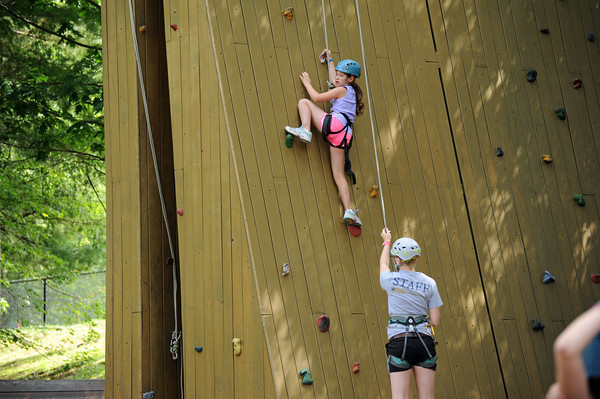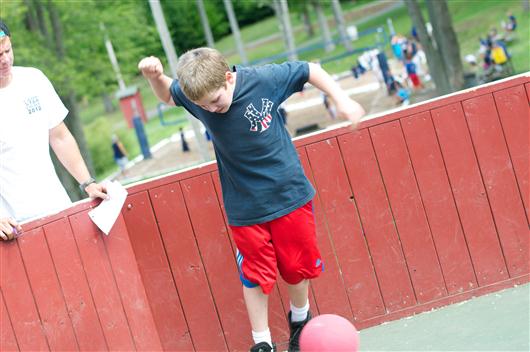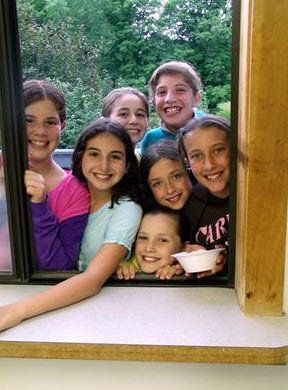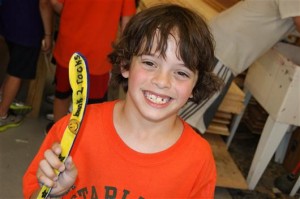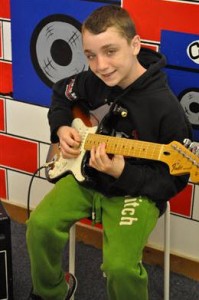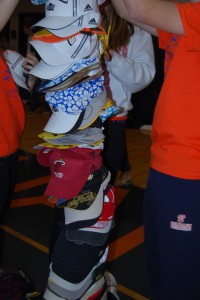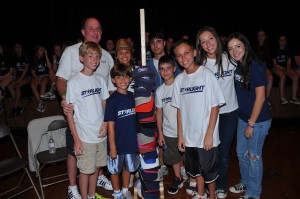The guest blog this week is from Camp Laurel South and addresses a very relevant subject with camp growing nearer: Nerves.
It’s that time of year.
 Departure for camp draws ever closer.
Departure for camp draws ever closer.
Excitement builds in the household. And for a first-time camp parent, anxiety is normal.
It’s natural to worry about missing your child. Just remember, you’re not the first mom or dad to go through this experience. We’ve all said goodbye, choked back a tear and wondered, “What have I gotten myself into? What’s ahead?!”
This may be the first time your son or daughter isn’t around all the time. You won’t have a window into their life. You can’t wake them up in the morning, make breakfast, ask how the day went, tuck them into bed at night.
 And that’s what the camp experience is all about!
And that’s what the camp experience is all about!
It’s wonderful – and important – for your child to rely on other adults. To be in a controlled, worry-free environment where they are encouraged to take safe risks.
In fact, that’s the reason you decided to send your child to camp. You recognize the value of taking steps away from home, toward independence.
But that doesn’t make it any easier on you as a parent.

The first few days might feel strange. So here are a few things to keep in mind:
– Practice what you preach. As parents, we often tell our children that it’s okay to be nervous. We encourage them to try new things. The same goes for us. We need to embrace our anxiety, and give this new “the kids are away” idea a shot.
– Take time for yourself. Do things you always wanted to do, but never had long blocks of time for. Take a class. Learn a new sport. Check in with friends. Have a second “honeymoon” with your spouse.
– Seize the opportunity to experience the “empty nest” syndrome. Think what a breeze it will be years from now – when your child goes to college!
– Realize that your time apart will be valuable – to you and your child. A little healthy distance, for a little bit of time, will benefit everyone.
A tear after the last hug and wave at the bus and airport is normal. Even an angst-ridden first night at home while your “camper” is already fully immersed at camp is too be expected. 
But remind yourself: Your child is thriving in an environment that is all their own! They are navigating the world of camp and making decisions away from Mom and Dad and being fueled with a new-found confidence. And
This blog was originally posted the the Camp Laurel South blog on May 9, 2013.

 570-798-9831
570-798-9831
